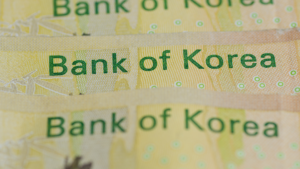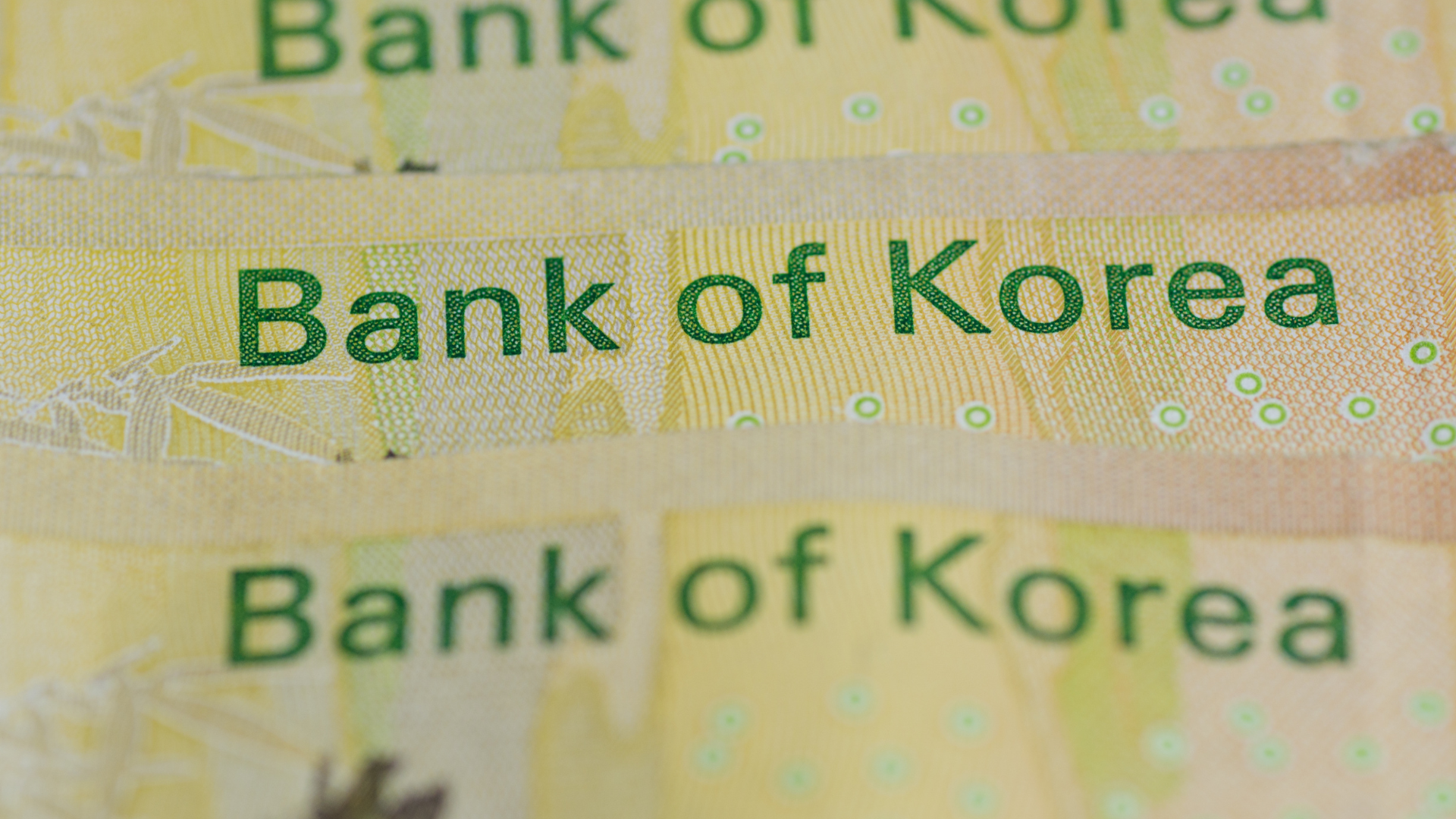A South Korean court has granted bail to Kakao’s billionaire founder, who faces allegations of stock rigging, a case that has drawn significant public attention and raised questions about the transparency of corporate practices among South Korea’s conglomerates. The tech giant’s founder, accused of manipulating Kakao’s stock to maintain influence and financial gain, has pledged to cooperate fully with the investigation while on bail.
The case highlights growing scrutiny over corporate governance in South Korea, especially among large family-owned conglomerates, or chaebols, such as Kakao. Prosecutors allege that the founder engaged in price manipulation tactics to bolster his shareholdings, ultimately benefiting his control over the company. His legal team argues that the stock movements reflect market dynamics and not intentional manipulation, seeking to defend his reputation and standing within South Korea’s influential tech sector.
The scandal has prompted questions among investors and industry leaders regarding regulatory oversight in South Korea’s financial markets. Shares of Kakao and its affiliates have fluctuated since the news broke, reflecting broader concerns over governance standards within large conglomerates and potential regulatory backlash. This case has raised awareness of possible systemic issues and could encourage tighter regulations on market activity for firms with significant economic influence.
As the trial progresses, market observers are closely watching for any policy changes or increased oversight that might follow. The case serves as a reminder of the impact governance scandals can have on stock performance, particularly in a market where companies like Kakao hold substantial sway.














